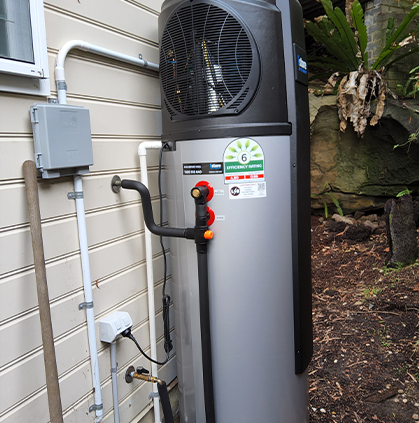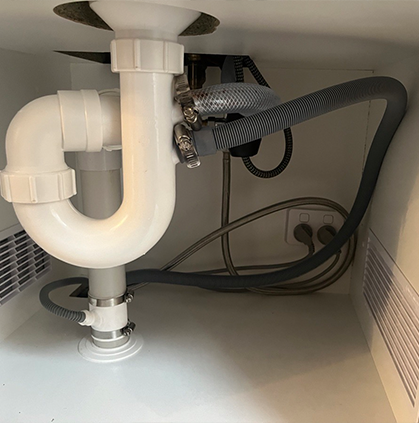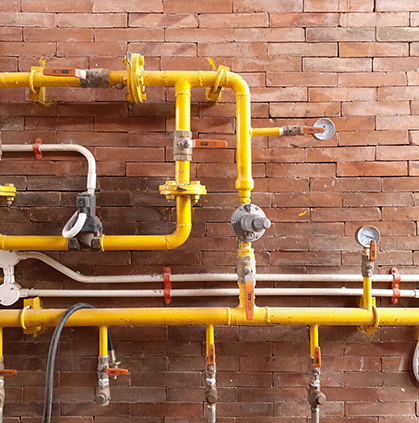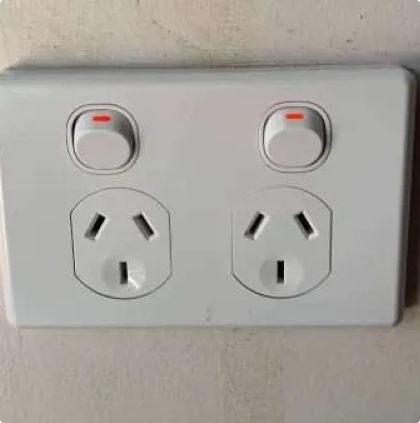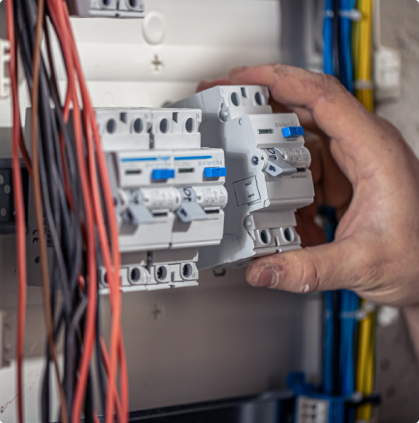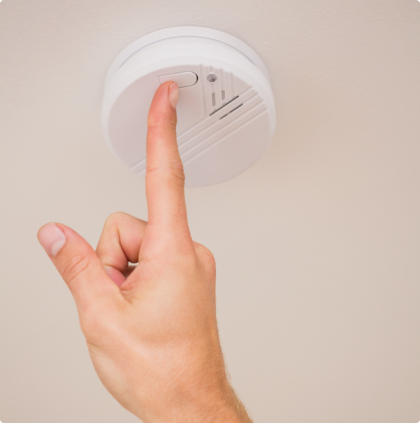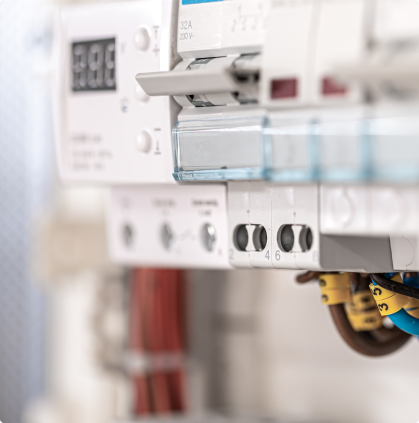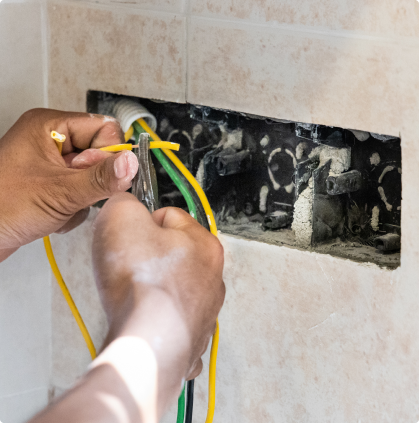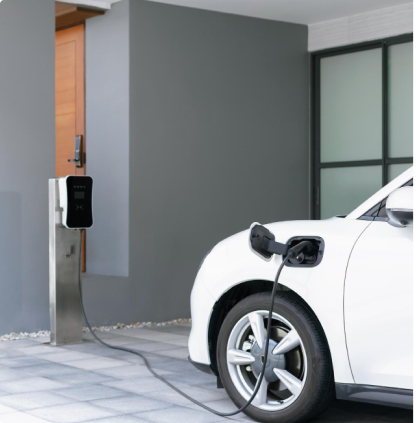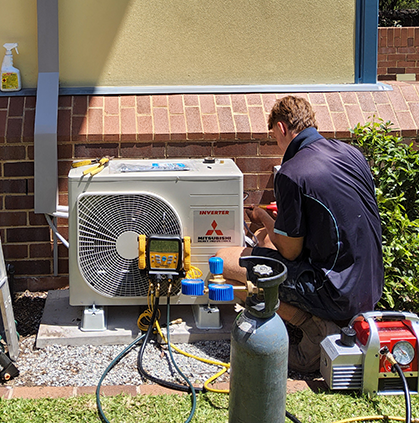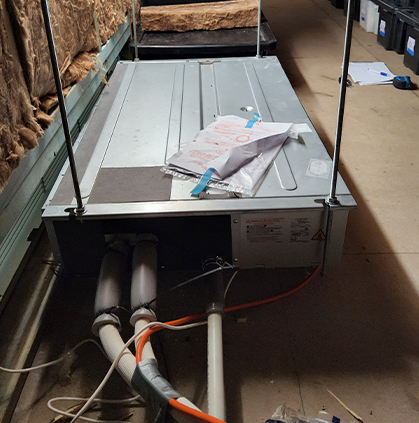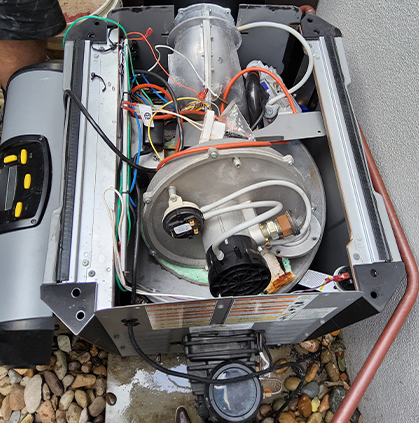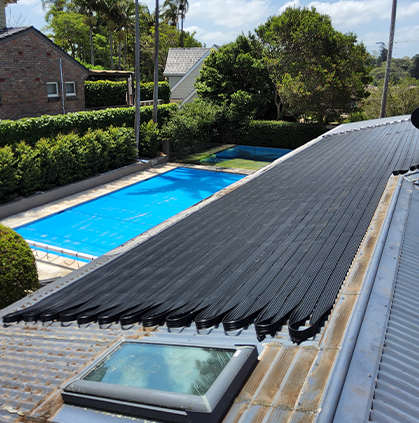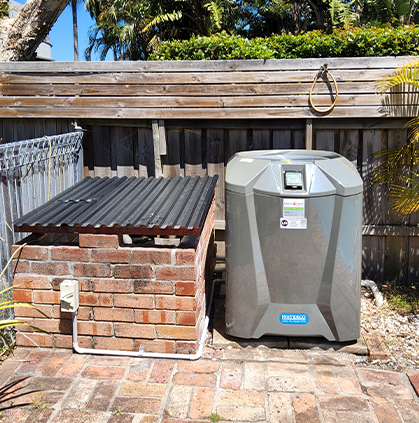“What size air conditioner do I need?” Well, that’s a question that can make or break your comfort at home.
Many people just guess and end up with an AC that never gets the temperature right. But once you know how to calculate it correctly, you’ll enjoy reliable comfort, no matter the season.
This guide explains the factors and calculation methods you can use yourself or with the help of professional air conditioning services. Plus, you’ll learn why choosing the right air conditioner size matters. Let’s get started.
How to Calculate the Right Air Conditioner Size for Your Property
If you want to know what size air conditioner you need, you can use one of these options to calculate your cooling load:
1. Manually Calculating Your Area
This is a quick way you can do it yourself as a homeowner. In a split systems installation, you can do the calculation based on floor area.
First, find your room’s area in square metres by multiplying length by width. Then, multiply that area by a wattage based on your ceiling height.

For a standard 2.4-metre ceiling, use 150 watts per square metre. For 2.7 metres, it’s 160 watts. And for 3.0 metres, it’s 175 watts.
So, a 40m² room needs 40 × 150 = 6,000 watts, which is a 6.0 kW unit.
2. Simply Use Online Calculator
For an accurate size without doing math yourself, try an online load calculator. You can simply enter your room’s length, width, and ceiling height.
Most calculators also factor in things that affect your cooling load, like insulation condition, window size, sunlight exposure, occupancy and even your climate zone.
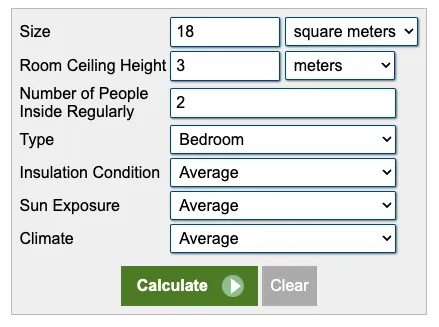
Once you enter your details, click ‘Calculate.’ You’ll get a recommended capacity instantly. It’s fast and removes all the guesswork.
3. Getting Help from an HVAC Professional
This is the most recommended way to size your air conditioner, especially if you have a complex room layout. Call an HVAC professional to help. They know how AC system works inside and out.
They’ll start with an on-site visit. And they won’t just measure your rooms. They’ll look at your insulation, count your windows, and their orientation.
Plus, they can find issues that online calculators can’t, like unusual room shapes, heat from appliances, or poor airflow.
Examples of Air Conditioner Size Calculation
Here are simple examples that show how to match air conditioner size to actual rooms, so you can understand how it works:
| Scenario | Room Size | Ceiling Height | Example Features | Calculation Method | Approx. AC Size | Recommended Unit Type |
| Small Bedroom | 12 m² | 2.4 m | One occupant, standard | 12 × 150 W = 1,800 W | 2.5 kW | Split System |
| Small Living Area | 22 m² | 2.7 m | North-facing window | 22 × 160 W = 3,520 W | 3.5 kW | Split System |
| Large Kitchen/Dining | 40 m² | 2.7 m | Open-plan, 3 appliances | (40 × 160 W) + 10% = 7,040 W | 7.0 kW | Split System |
| Master Bedroom | 30 m² | 2.7 m | High sun, ensuite | 30 × 160 W = 4,800 W | 5.0 kW | Split System |
| Open Plan Living | 65 m² | 3.0 m | Many windows, 4 people | 65 × 175 W = 11,375 W | 8.5–9 kW | Ducted or Multi-Split System |
What Should You Consider to Get the Perfect AC Size?
To choose the right size air conditioner for your home, think about these important factors:
1. Room Size
Bigger rooms simply need more power. If you have a small bedroom, you might only need 2.5 kW. But if you plan to install it in a large living area, you might need 7 kW or more.
If your AC is too small, it will run all the time but won’t cool the room. If it’s too big, it cools too fast and shuts off before it can take out humidity.
2. Ceiling Height
Don’t forget your ceiling height. A room with 3-metre ceilings holds a lot more air than one with 2.4-metre ceilings, so your AC has to work harder.
Most ceilings are between 2.4 and 2.7 metres. If yours are 3 metres or higher, you’ll likely need a more powerful AC unit.
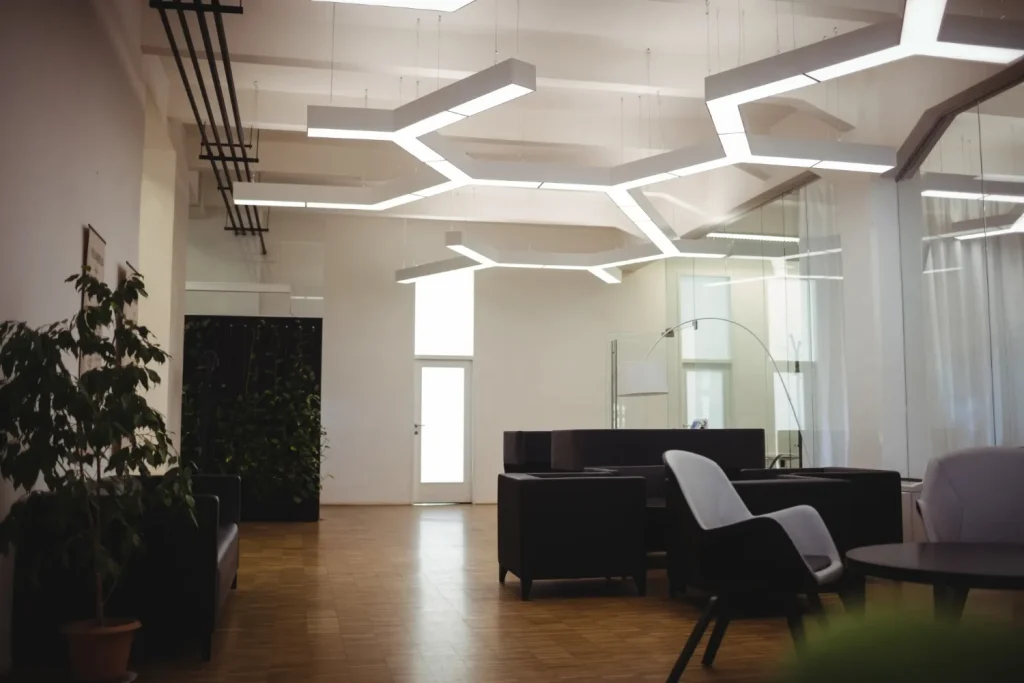
3. Insulation Quality
If you ask: what size split system do I need? Then you should first think about how good your insulation is.
Good insulation works like a blanket for your home. It stops summer heat from coming through your walls and roof.
If you have good insulation, you can often choose a smaller AC. But if your insulation is poor, even the right-sized unit will struggle to keep up.
4. Window Area and Placement
When you calculate the area yourself, it’s easy to forget the windows—their size, number, and which way they face.
Windows let heat into or out of your house. So, the more windows you have, the harder your air conditioner has to work to keep the temperature right.
If you overlook your windows, you’ll end up with AC sizes that just aren’t right for your space.
5. Sunlight Exposure
You might think your AC is not blowing cold air. But the real issue could be that your room gets six hours of direct sun, so it needs more time to cool down.

And if your AC is also too small for the room, the problem gets worse. It may never reach the temperature you want. That’s why sunlight exposure is a key factor in choosing the right AC size.
6. Climate Zone
Your location matters more than you might think. A 5 kW unit that works perfectly in Melbourne will likely struggle in Darwin’s tropical heat.
Australia has eight distinct climate zones, from tropical Cairns to temperate Hobart. Each one has different peak temperatures, humidity levels, and seasonal cooling demands.
Professionals always think about your climate zone. This is often left out of simple maths and online tools for calculating air conditioner sizes.
7. Number of Occupants
How many people are in a room? 3, 4, or just you? It matters for the AC size you’ll need. Each person gives off about 100 watts of heat, and more when they’re active.
For busy areas like kitchens or a home gym where you’re working out, you need to account for this extra heat.
Australian HVAC professionals typically add 500-600 watts of cooling capacity for every person beyond the first two.
8. Heat-Generating Appliances
So, what size air conditioner do I need? It depends on whether there are heat-generating appliances in the room.
For example, kitchens or home offices, which usually have more appliances, need bigger AC units than bedrooms or living rooms with fewer heat sources.
Your computer can put out 200 to 400 watts of heat, and that’s without the screens. Not to mention things like ovens, stoves, and fridges.
9. Ductwork Capacity
Here’s another factor to think about, especially if you’d rather not use a split system and want ducted air conditioning instead. Your ductwork capacity affects your air conditioner sizes.
If you forget to factor in ductwork capacity, you’ll get uneven cooling even with the main unit running at full power. You might think you need a ducted air conditioning repair, when the real issue is the system’s size.
Why Should You Pick the Right Air Conditioner Size?
Here are the key reasons why you need to choose the right-sized air conditioner:
1. Better Comfort
The last thing you want during an Australian summer is an undersized AC. It runs constantly but never reaches the 21 degrees you set, leaving you frustrated.
Oversized units cool the room too quickly and then turn off before they can remove enough moisture. You end up with the temperature reading 21 degrees, but the room feels uncomfortable.
2. Energy Efficiency
No one enjoys a sky-high energy bill after a hot summer. When your AC is the right size, it uses power steadily rather than running nonstop all day.
An oversized unit cycles on and off too often, wasting electricity each time it restarts. An undersized unit runs non-stop, driving up your power bill without ever making you comfortable.
3. System Durability
Getting the right AC size isn’t just about comfort. It’s about ensuring it lasts a long time. A well-sized system runs at a steady pace, which helps it last longer and keeps maintenance costs down.
You won’t have to replace your AC unit parts as often. Plus, you’ll avoid those emergency repair calls when it gets hot.
4. Performance Reliability
Your AC system is there for a reason, and you’ll need it to work whenever you turn it on.
A right-sized unit won’t make you sweat during a heatwave or freeze in one room while another is a sauna. It provides steady airflow, fewer hot or cold spots, and reacts quickly when you change the thermostat.
FAQ about Air Conditioner Size
Here are some of the most relevant questions about air conditioner sizes:
Is it better to oversize or undersize AC?
Neither is ideal. Oversized units cool too fast and make the air damp, while undersized ones run all the time and never hit the right temperature. Always choose the right size for the best comfort and efficiency.
Is it better to have two small air conditioners or one big one?
Two small units can cool separate rooms and give you more control. A single large AC unit might be better for open-plan spaces but less efficient for multiple rooms. Choose based on your home’s layout and cooling needs.
Does ceiling height affect AC size?
Yes, higher ceilings mean more air volume to cool. Rooms with tall ceilings need bigger AC units than regular ones to stay comfortable.
Conclusion
Choosing the right air conditioner size isn’t just about numbers. It’s about creating a comfortable, efficient home. Now you know what to look for, why it matters, and how to calculate it correctly.
Whether you prefer manual formulas or online calculators, you’re equipped to make a smart decision. But every home is unique, and sometimes the numbers don’t tell the whole story.
If you’re unsure or want expert advice, call us at Lightning Bult. We’ll visit your home, assess your needs, and make sure you get the perfect air conditioning size for your personalised cooling needs.





